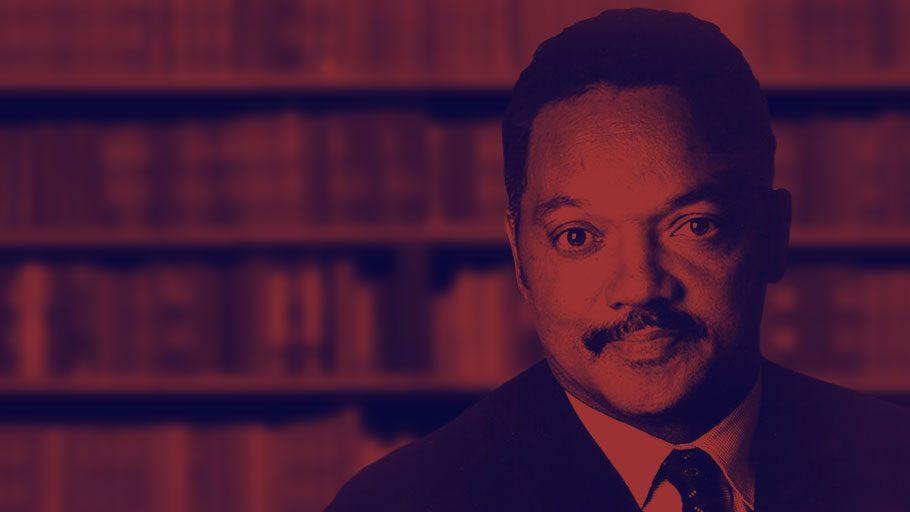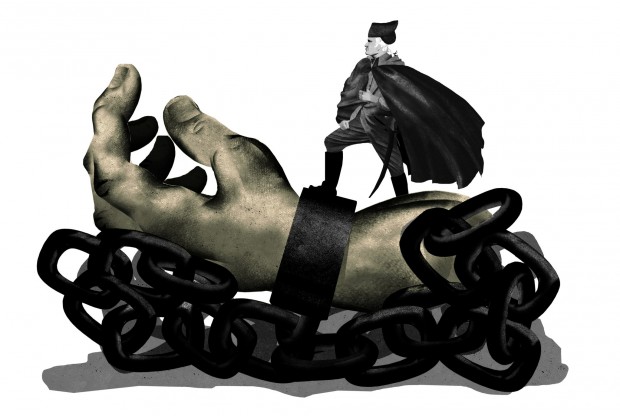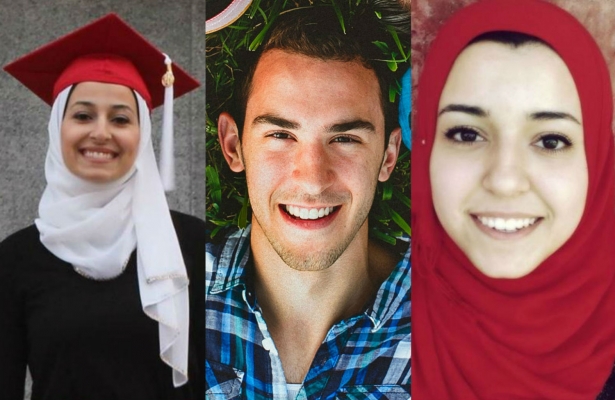“Black Lives Matter” is the rallying cry protesting the escalating deaths of innocent black people at the hands of police and other authorities in the United States.
The announcement by the United States and Cuba that they would seek to resume normal relations will in some measure be seen by some observers as an indication of a fulfilment of gradual, but persistent changes in Caribbean geopolitical relationships, some more prominent than others.
Half way down a winding country road in New York’s wealthy Westchester County, one of America’s most famous revolutionaries lies buried under three feet of crisp white snow.
On February 21, 1965 – 50 years ago this week – Malcolm X, the great African-American and US freedom fighter and outstanding world revolutionary leader, was gunned down in the Audubon Ballroom in upper Manhattan’s Washington Heights on Broadway and 165th Street in New York City.
The intersection of 125th Street and Seventh Avenue in New York’s Harlem neighborhood, where Malcolm X began his ascension through the ranks of the Nation of Islam as a street-corner preacher, offers an unflinching reminder of what he worked for and the work that remains undone.

THIS is the month that marks the 50th anniversary of the martyrdom of El Hajj Malik El Shabazz, Min. Malcolm X, who was assassinated and martyred in the 39th year of his life, February 21, 1965…
Saturday will mark a half-century since the untimely death of one of the most important intellectuals, organizers and revolutionaries that black America has ever produced.

In November, Illinois voters narrowly decided – after one of the most expensive gubernatorial elections in the nation’s history – to elect Bruce Rauner, a hedge fund billionaire, to lead the state.
I never fail to be amazed — and that’s undoubtedly my failing. I mean, if you retain a capacity for wonder you can still be awed by a sunset, but should you really be shocked that the sun is once again sinking in the West? Maybe not.

group_passing_capital_wcaption2Schools across the country are adorned with posters of the 44 U.S. presidents and the years they served in office.
The FBI is sending Hallmark cards to black community leaders. That’s the sense I got today as I watched the bureau’s director, James Comey, speaking about race and law enforcement.

Yesterday, an outspoken white atheist murdered three Muslim students in Chapel Hill, North Carolina. We don’t yet know for sure whether this was a hate crime or whether the killer, Craig Stephen Hicks, had some other motivation; police have said the crime may have grown out of a dispute over parking.














